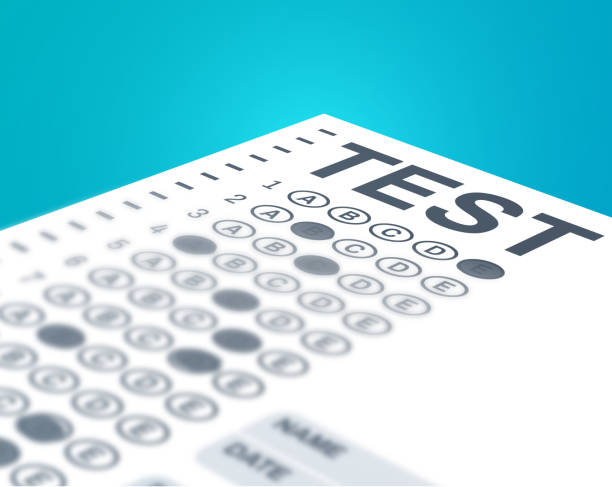College Application
Navigating Standardized Tests: A Guide for International Students Seeking Admission to US Undergraduate Programs
For international students, among the various requirements, standardized tests play a significant role in the admissions process for undergraduate programs. Understanding these tests, their significance, and how to prepare for them is essential for aspiring students aiming to secure admission to their desired institutions. In this blog, we'll look into the world of standardized tests and provide valuable insights for international students who are applying to the US for undergraduate admissions.
Understanding the tests:
In the United States, standardized tests such as the SAT(Scholastic Assessment Test) and ACT (American College Testing) are widely used by colleges and universities as part of their admissions criteria. These tests assess a student's readiness for college-level academics and serve as a standardized measure to evaluate applicants from diverse educational backgrounds. Because, most of the educational curriculums are not familiar to the admission officers. That’s why, these standardized tests help the admission officers to understand the students’ capabilities if they can get fit to USA’s education and academic system or not.
SAT vs. ACT:
The SAT and ACT are two primary standardized tests accepted by most US institutions for undergraduate admissions. Since spring 2023, SAT has changed to digital format from paper based SAT test. While both tests assess similar skills in English, Math, Reading, and Science, they have distinct formats and scoring systems. International students should research and determine which test aligns better with their strengths and preferences. Additionally, some institutions may have a preference for one test over the other, so it's crucial to check individual requirements.
Here is the breakdown of both the SAT and ACT exams:
Digital SAT
Format:
- The digital SAT is taken on a computer rather than using traditional paper and pencil.
- The content and structure of the digital SAT are similar to the traditional paper-based SAT, consisting of sections in Reading, Writing and Language, and Math.
- The test interface allows for easy navigation between questions, highlighting, and flagging of questions for review.
- The digital SAT may also include multimedia elements such as videos or interactive graphics.
Scoring:
- The scoring system for the digital SAT remains consistent with the paper-based SAT.
- Each section (Reading, Writing and Language, and Math) is scored on a scale of 200 to 800, with a total score range of 400 to 1600.
- Additionally, the Essay section, if included, is scored separately on a scale of 6 to 24.
- Scores are typically available online approximately two to three weeks after the test date.
Digital ACT
Format:
- Similar to the digital SAT, the digital ACT is administered on a computer and follows the same content structure as the traditional paper-based ACT.
- The digital ACT includes sections in English, Math, Reading, Science, and an optional Writing (Essay) section.
- Test-takers takes the test using a computer interface, with features such as highlighting, flagging, and skipping questions.
- The digital ACT may also incorporate multimedia elements and interactive questions to assess various skills effectively.
Scoring:
- The scoring system for the digital ACT remains consistent with the paper-based ACT.
- Each section (English, Math, Reading, Science) is scored on a scale of 1 to 36.
- The Composite score, which is the average of the four section scores, also ranges from 1 to 36.
- If the Writing (Essay) section is completed, it receives a separate score ranging from 2 to 12.
- Scores are typically available online within two to three weeks after the test date.
Additionally, accommodations for students with disabilities are available for both digital
SAT and ACT tests to ensure equitable access to the testing experience.
Score Reporting:
International students should be aware of score reporting policies for standardized tests. Most institutions require applicants to submit official score reports directly from the testing agency. It's essential to understand score validity periods and ensure that scores are sent well in advance of application deadlines to avoid any delays in the admissions process.
Considerations for Test-Optional Policies:
Some US colleges and universities have adopted test-optional policies, allowing applicants to choose whether to submit standardized test scores as part of their application. While this may provide flexibility for some students, international applicants should carefully consider whether submitting scores enhances their application and demonstrates their academic preparedness.
Standardized tests are really important parts of the US undergraduate admissions process for international students. That is why, it is vital for th students to understand the tests so that they can position themselves competitively for admission to their desired institutions.
To learn more about standardized testing, visit the respective websites below:
ACT: https://www.act.org/
SAT: https://www.collegeboard.org/
